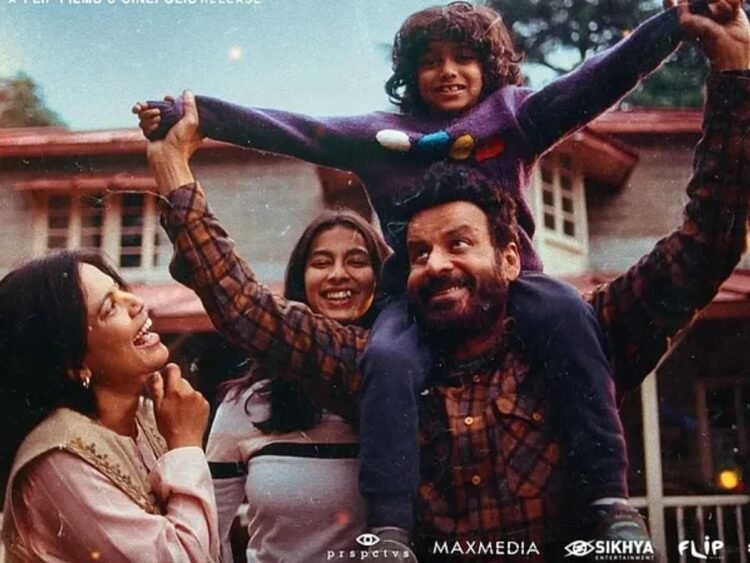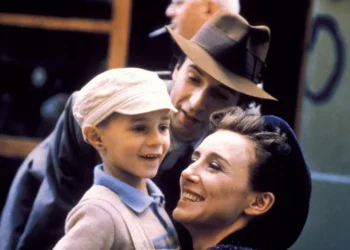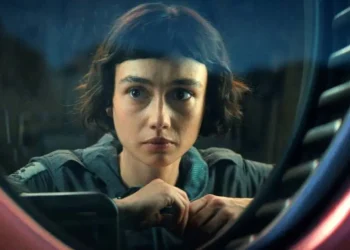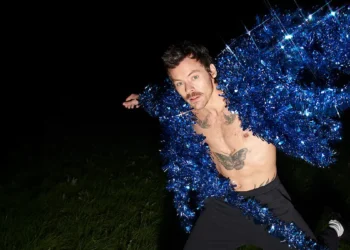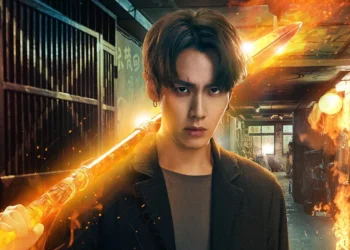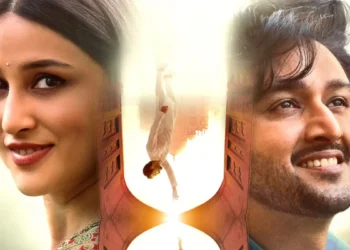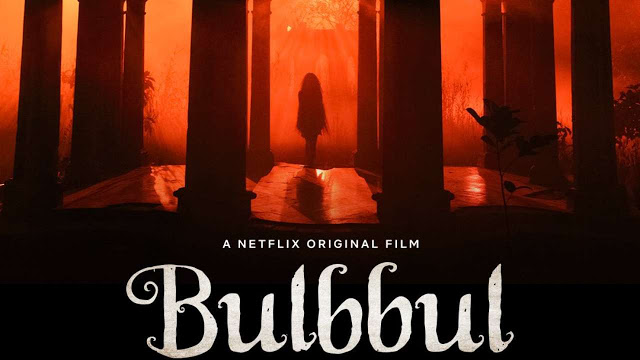Jugnuma – The Fable, helmed by filmmaker Raam Reddy, is a deeply atmospheric film that blends mystery, family drama, and strokes of magical realism in an unforgettable way. With the versatile Manoj Bajpayee taking on the lead role, the film promises a layered and immersive cinematic experience. Alongside him, an accomplished cast including Priyanka Bose, Deepak Dobriyal, Tillotama Shome, Hiral Sidhu, and Awan Pookot brings the narrative to life with authenticity and emotional weight.
Produced under Prspctvs Productions by Pratap Reddy, Sunmin Park, Raam Reddy, and Juhi Agarwal, Jugnuma is not designed to be a conventional, fast-paced entertainer. Instead, it is a film that rewards patience, inviting audiences to dwell in its silences, its landscapes, and its mysteries.
Story
Set against the stunning backdrop of the Himalayas in the spring of 1989, the story revolves around Dev (Manoj Bajpayee), a man of means living with his family in a sprawling colonial estate. Though his wealth stems from acres of flourishing orchards, Dev’s life is marked less by extravagance and more by a quiet, comfortable routine. His family includes his wife Nandini (Priyanka Bose), daughter Vanya (Hiral Sidhu), son Juju (Awan Pookot), and two loyal dogs.
This seemingly peaceful world is disrupted when Dev notices something inexplicable: trees in his orchard beginning to burn on their own. What begins as the mysterious charring of a single tree soon escalates into a terrifying pattern, with fires breaking out across the estate and adjoining forests. With no rational explanation in sight, suspicion begins to spread.
Is this unnatural destruction the doing of the orchard workers? Could it be the nomadic tribes passing through the region? Or is there a shadowy hand at work, perhaps the involvement of a cunning local middleman? As flames inch closer to the household itself, Dev must not only solve the mystery but also protect his family from an invisible threat that seems to defy logic.
Performances
At the heart of Jugnuma is Manoj Bajpayee, who once again proves why he is regarded as one of India’s finest actors. His portrayal of Dev is subtle yet commanding. Bajpayee embodies a man caught between rationality and superstition, wealth and vulnerability, calm and dread. In one particularly striking element, Dev is shown with mechanical wings – an unusual detail that brings layers of metaphor and symbolism to the narrative. Is it a flight of invention, a symbol of escapism, or something more mystical? The film leaves that interpretation up to the audience.
Playing Dev’s wife, Priyanka Bose brings warmth and emotional depth to the role of Nandini. She stands as the grounding force of the family, portraying resilience even as uncertainty engulfs their lives.
Hiral Sidhu as Vanya and Awan Pookot as Juju embody innocence amid chaos. Their performances are tender and natural, representing not just Dev’s personal stakes but also the fragile hope of a family threatened by forces beyond comprehension.
Tillotama Shome delivers a moving portrayal of a poor worker’s wife, offering one of the most tender and realistic depictions of motherhood seen in Indian cinema recently. Meanwhile, Deepak Dobriyal once again demonstrates his ability to dissolve completely into his roles. His presence is grounded, nuanced, and memorable.
Other supporting characters, like the Colonel with his striking handlebar moustache (interestingly named Viking in real life), add flavor to the ensemble. These characters enrich the world of Jugnuma, creating a multi-layered society where suspicion, tradition, and human frailty collide.
Behind the scenes
If there is one element that elevates Jugnuma beyond its story, it is its visual poetry. The cinematography captures the Himalayan landscape with a sublime yet haunting texture. The choice of shooting with a grainy, almost timeless quality not only enhances the narrative but also makes every frame feel like a painting. The stillness of the mountains juxtaposed with the crackle of fire creates a visual duality that mirrors the tension of the story.
The film embraces extended silences, carefully composed frames, and deliberate pacing. This stillness may feel challenging for mainstream audiences accustomed to rapid storytelling, but it is never boring. On the contrary, the silences invite viewers to immerse themselves in the world, to linger on the details of the hills, the workers, the orchard, and the flames.
Final Verdict
At its core, Jugnuma deals with fear of the unknown and the fragility of human control in the face of nature’s mysteries. The orchard fires can be read in multiple ways—literal destruction, supernatural forces, or even allegories for social unrest.
The inclusion of Dev’s mechanical wings pushes the narrative into the realm of magical realism, leaving viewers to question whether they are witnessing reality, metaphor, or fantasy. This interplay between grounded drama and surreal imagery is what makes the film uniquely poetic.
However, some aspects of magic realism feel slightly uneven, as if they were layered onto the story rather than growing organically from it. While this may leave certain portions feeling disjointed, Raam Reddy’s direction ultimately binds everything together in a way that is cohesive and thought-provoking.
Raam Reddy refuses to spoon-feed his audience. Jugnuma is not about quick resolutions or neatly tied endings. Instead, it is about surrendering to a rhythm that is slow, meditative, and at times unsettling. For viewers willing to invest their patience, the payoff is significant.
The film’s narrative can be seen as less of a story and more of an experience. It encourages the audience to embrace the silences, to dwell on the pauses, and to interpret the imagery in a way that resonates with them personally. This quality makes Jugnuma more of a lyrical fable than a straightforward family drama.
Jugnuma – The Fable is not just a movie; it is a mood, a feeling, an atmospheric journey into questions that remain unanswered. It is a rare film that dares to slow down and allow the silence of the hills to speak. Its blend of mystery, family drama, and surrealism may not resonate with everyone, especially with audiences seeking conventional entertainment. However, for cinephiles who appreciate thoughtful storytelling and layered metaphors, Jugnuma offers an unforgettable cinematic experience.
By the end, the film leaves you with more questions than answers, but that is precisely its strength. It lingers in the mind like a half-remembered dream – unsettling, comforting, and timeless all at once.


